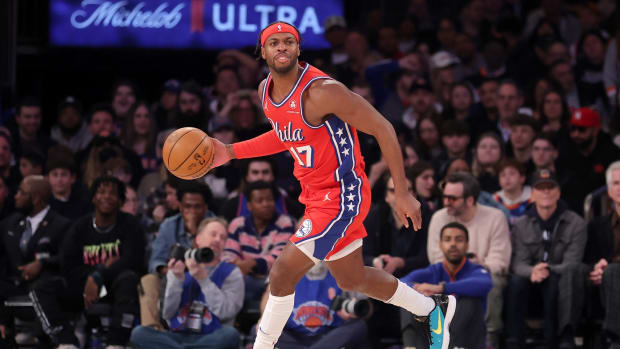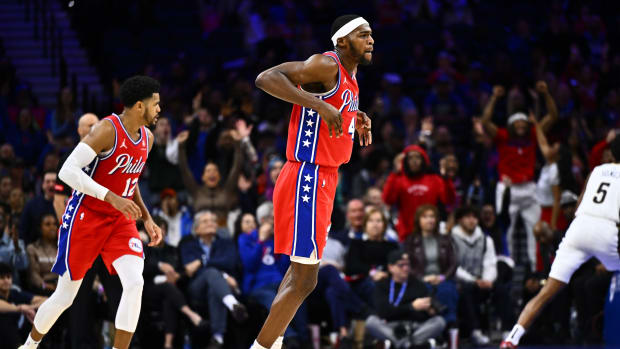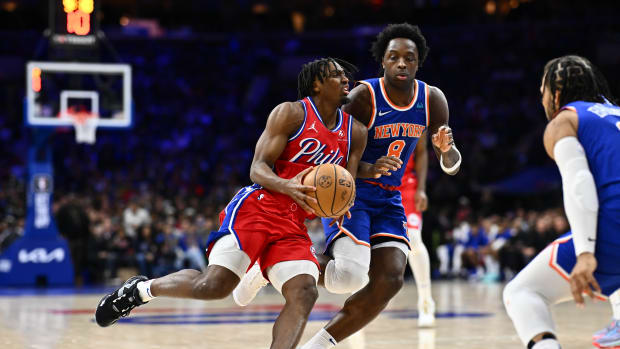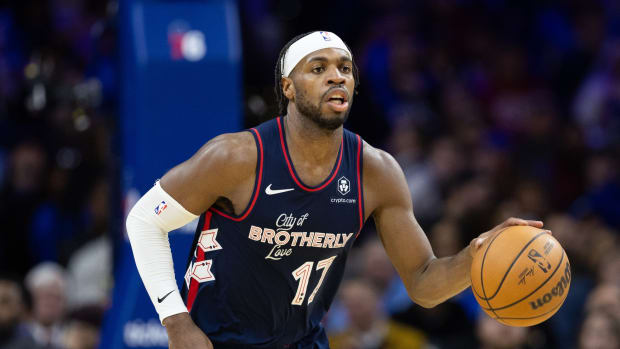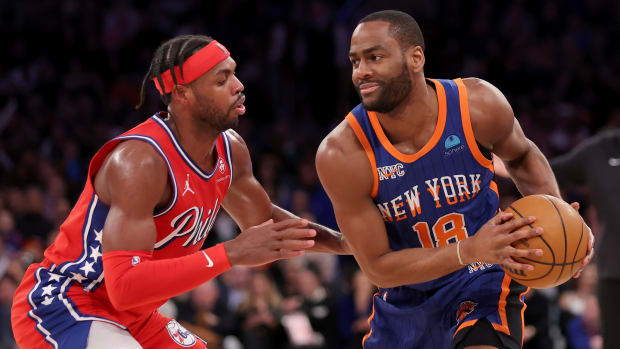Best of SI: 10 Ways Sports Will Be Different After COVID
Since March, we have been wandering through a sports desert—an emptiness so vast that Czech table tennis some days ranked as the most-wagered sport worldwide. Over the last three months, sports have contorted themselves like Simone Biles, attempting to find creative ways to return. Their gymnastics recall a kind of Mad Libs, with phrases that can be reduced to sport or athlete + verb + bizarre concept. As in Jay Williams suggests holding the NBA playoffs on cruise ships. Or: UFC expects Nurmagomedov-Gaethje to happen on Fight Island. Or: South Korean soccer club apologizes for filling stands with sex dolls.
While European soccer and South Korean baseball may be back, whenever sports in this country return, some of the most cherished nuances and traditions will be suspended indefinitely, in some cases irretrievably. Even the very objects of play have seemed threatening lately. “There’s been so much speculation [that] the virus particle can even live on a ball,” says Dr. Brian Hainline, chief medical officer for the NCAA. “The working assumption is that it could be infectious.”
But then Hainline turns philosophical. “Sports is so culturally essential to what society is. It’s an expression of who we are as Homo sapiens from an evolutionary point of view. Sports provide a physical manifestation of hope. And when we have hope, it actually changes who we are, our own mental and physical health.”
The optimist in all of us (perhaps a diminutive figure of late) hopes sports return in full force sooner than later (we're looking at you, Major League Baseball). Some of the changes we see will prove temporary—the ball will, one day, be safe again—while others will prove permanent.
Click Here to read the rest of "Ten Ways Sports Will Be Different," for FREE at Sports Illustrated!
